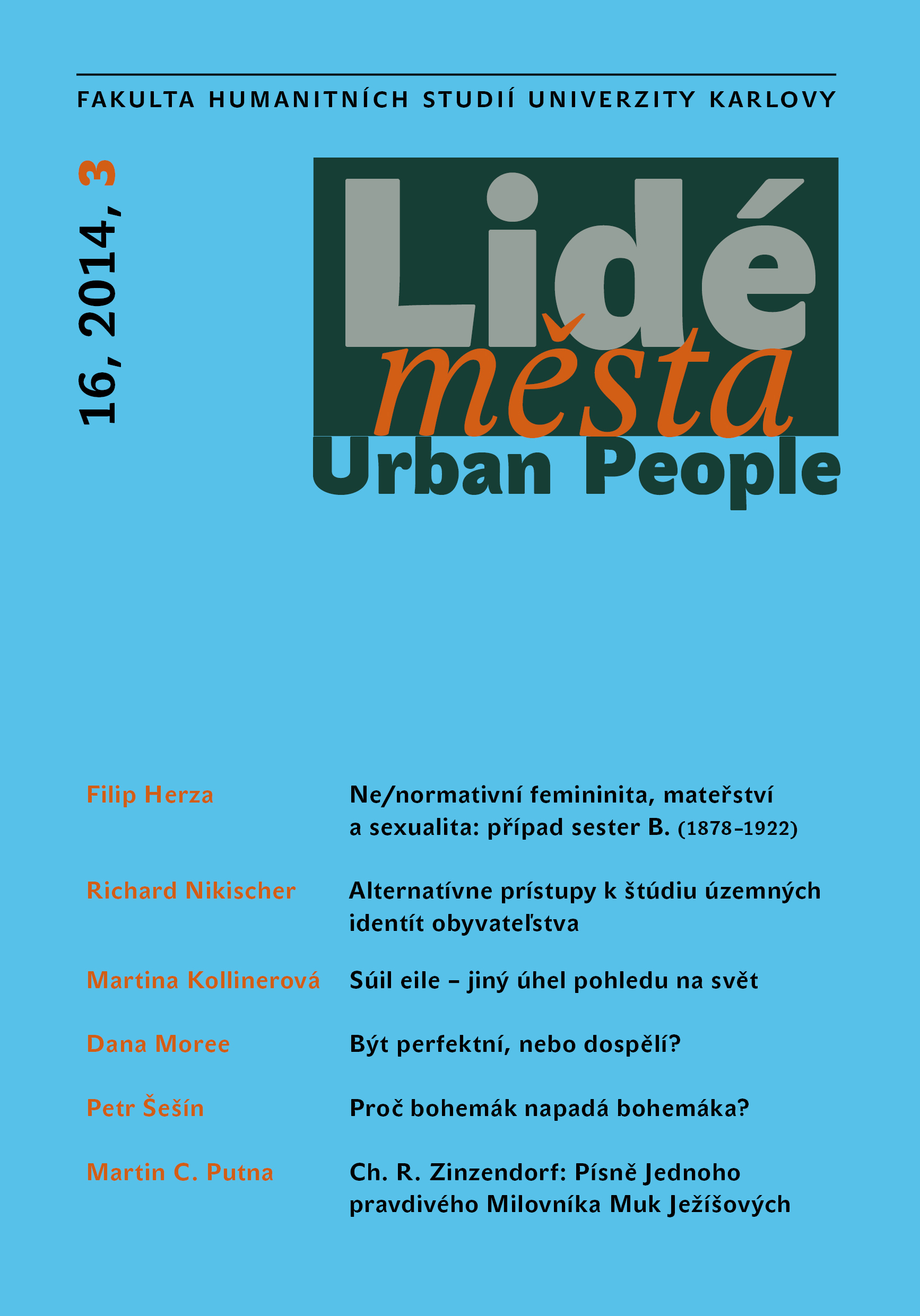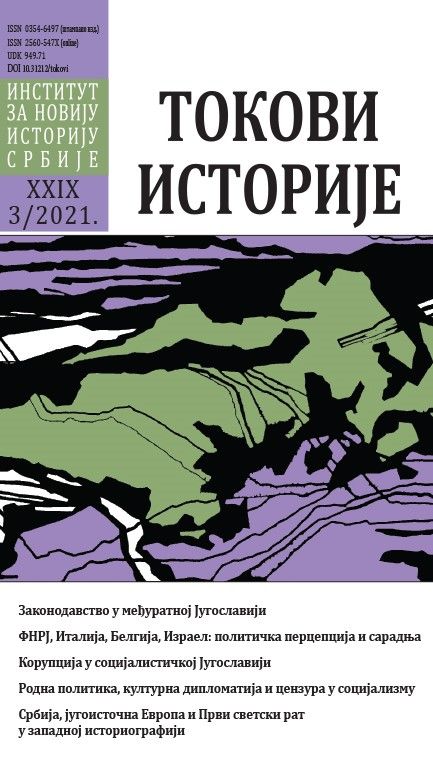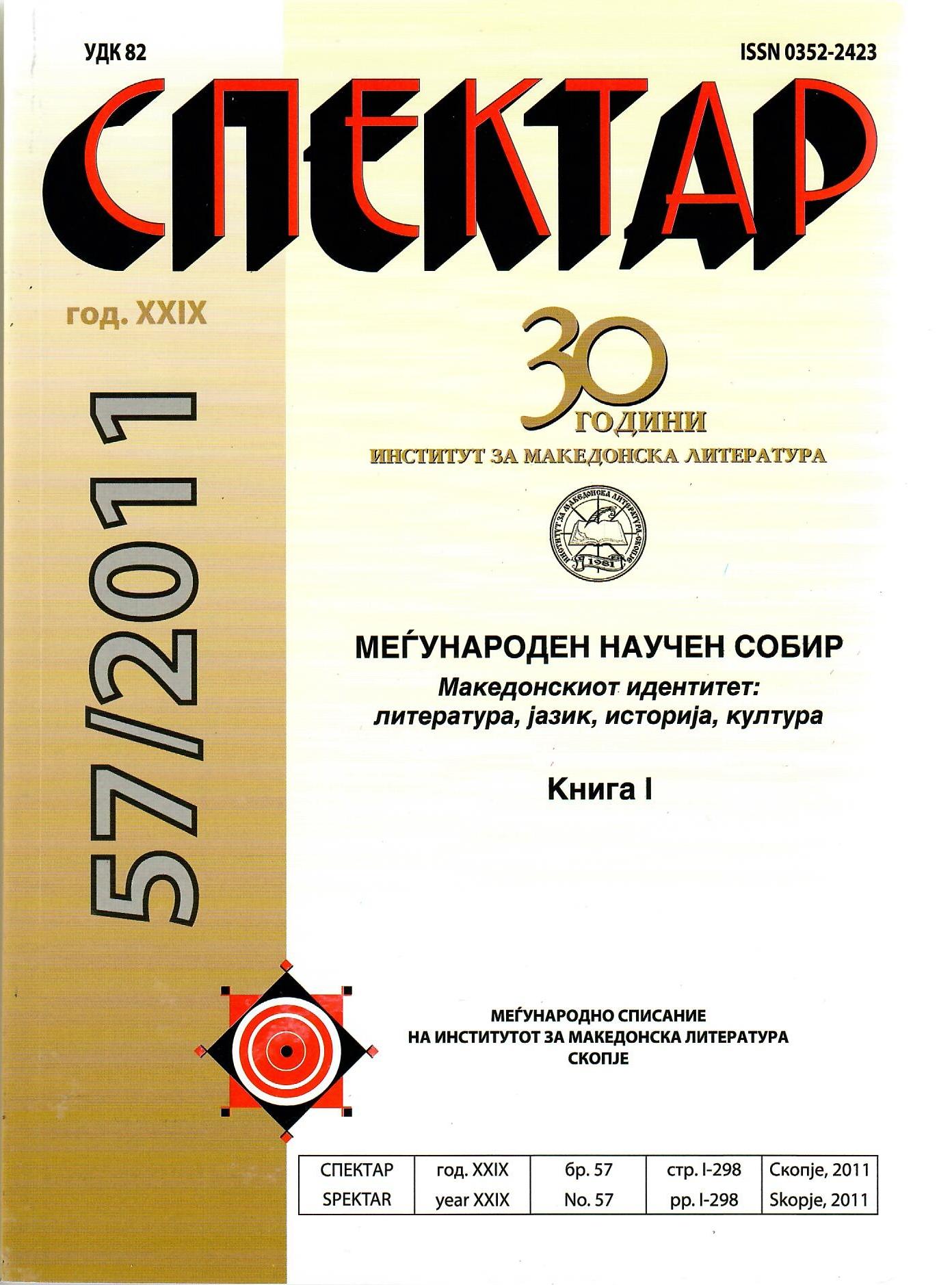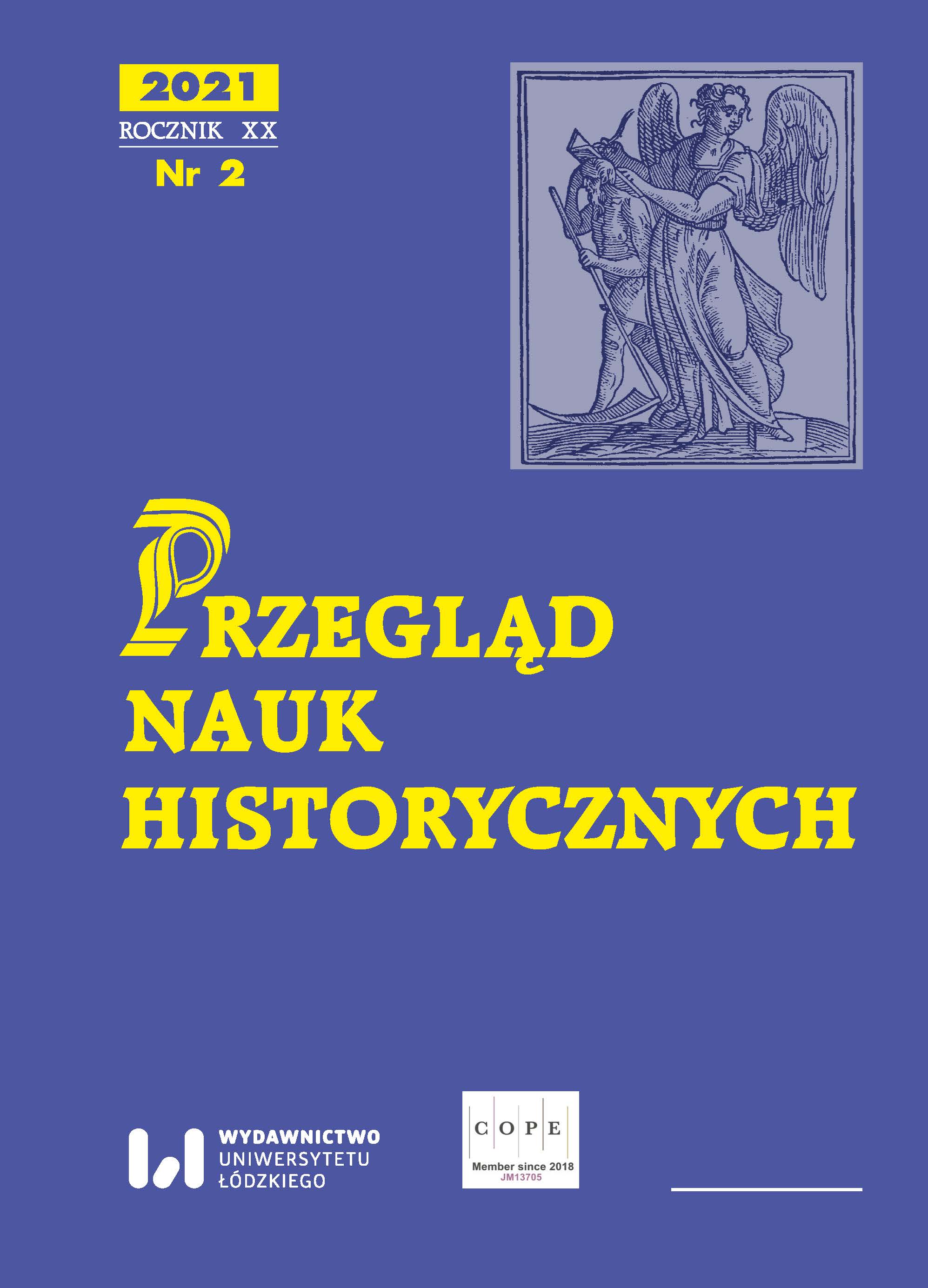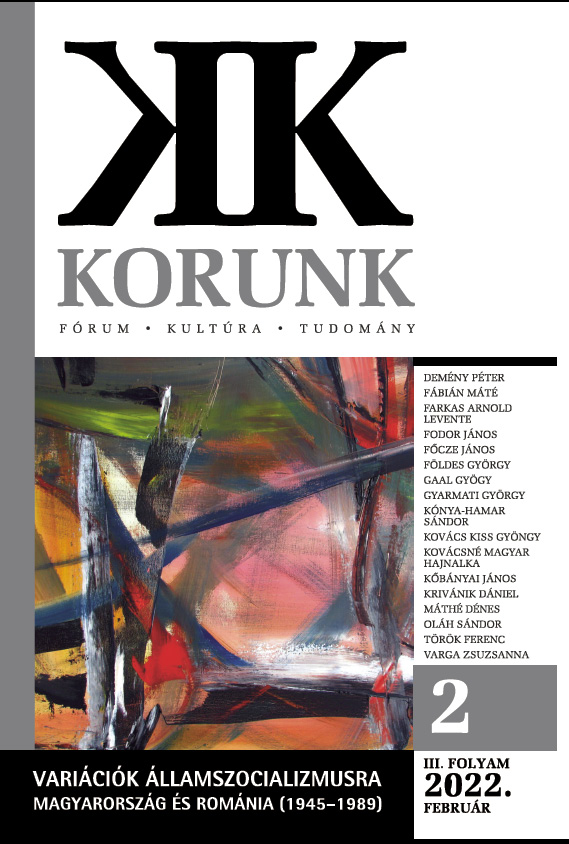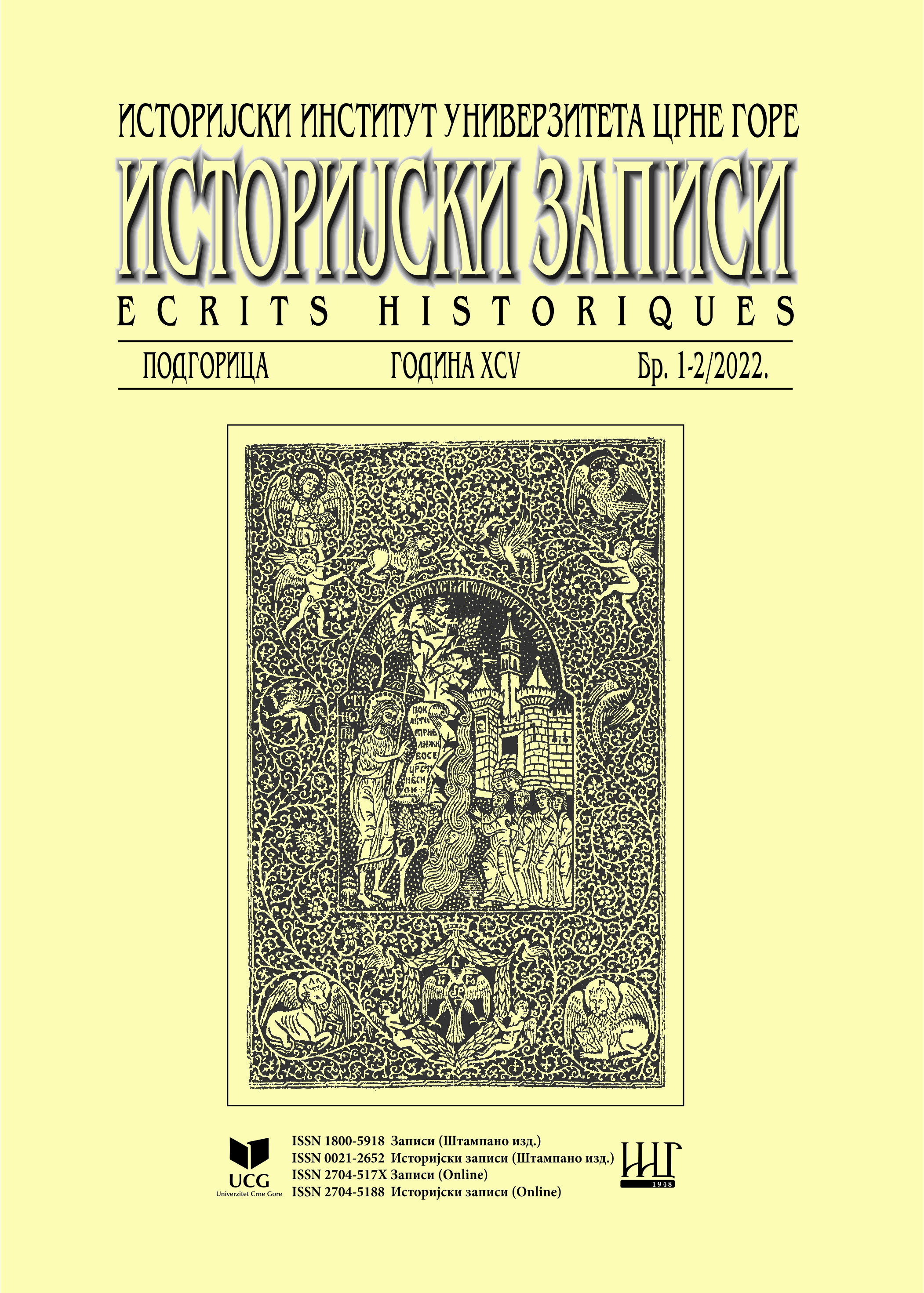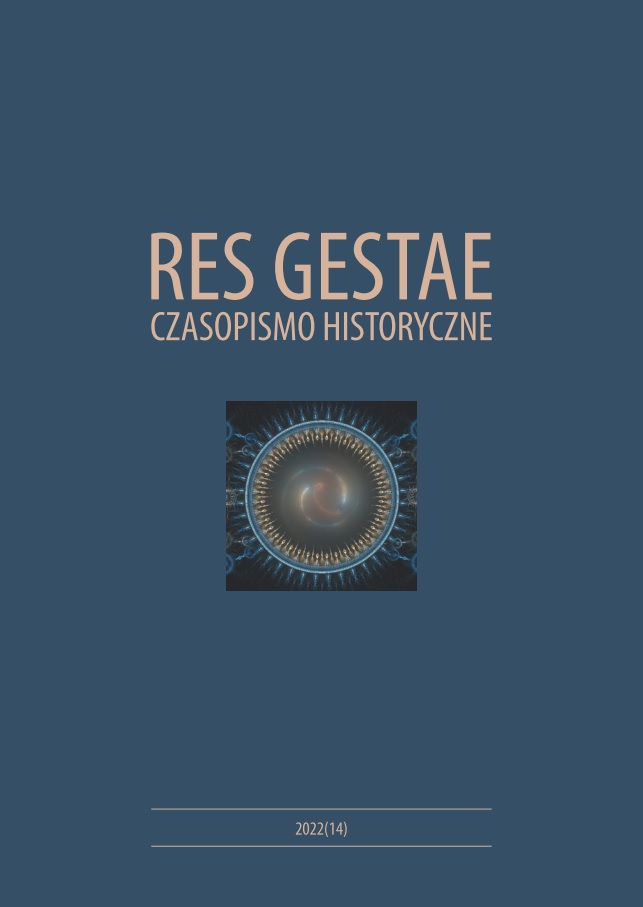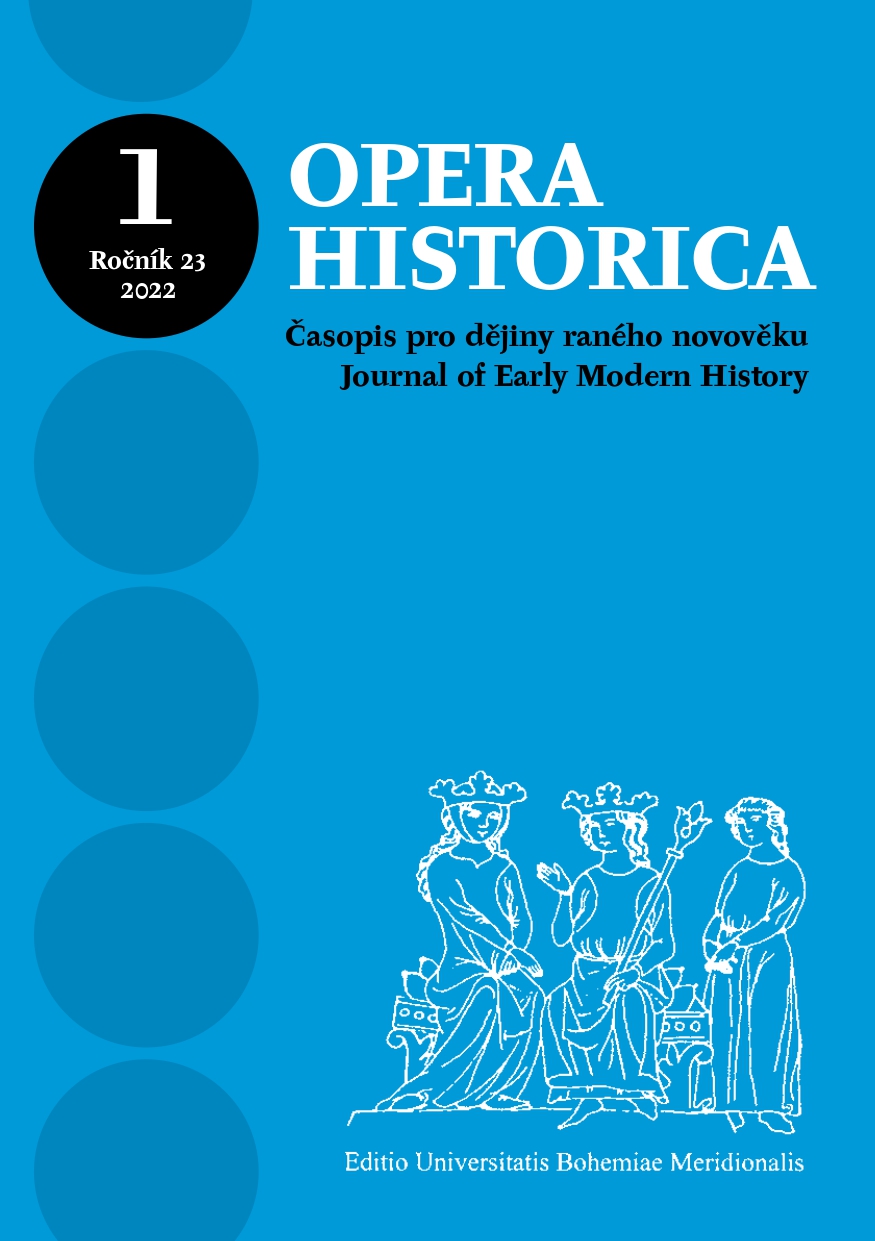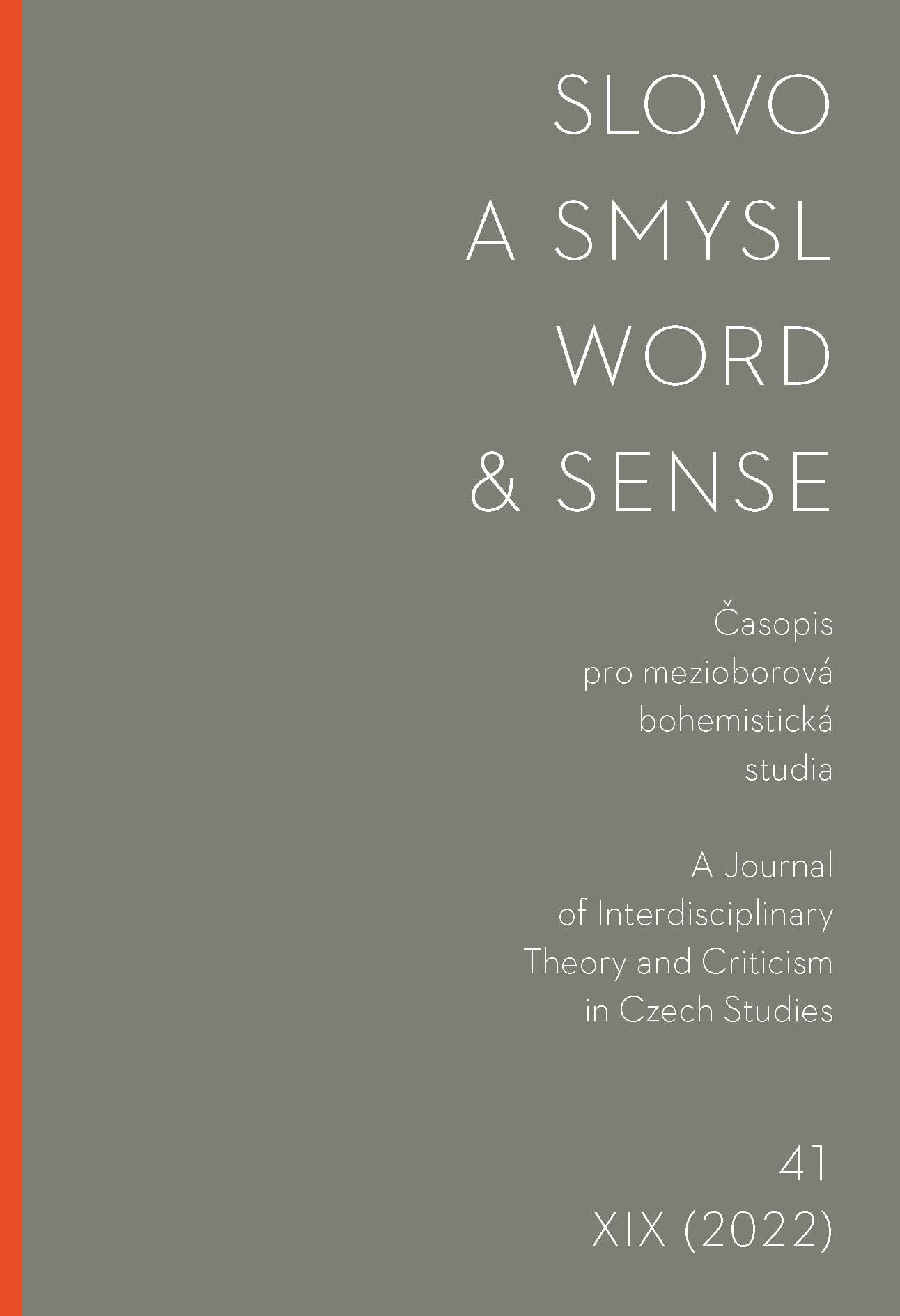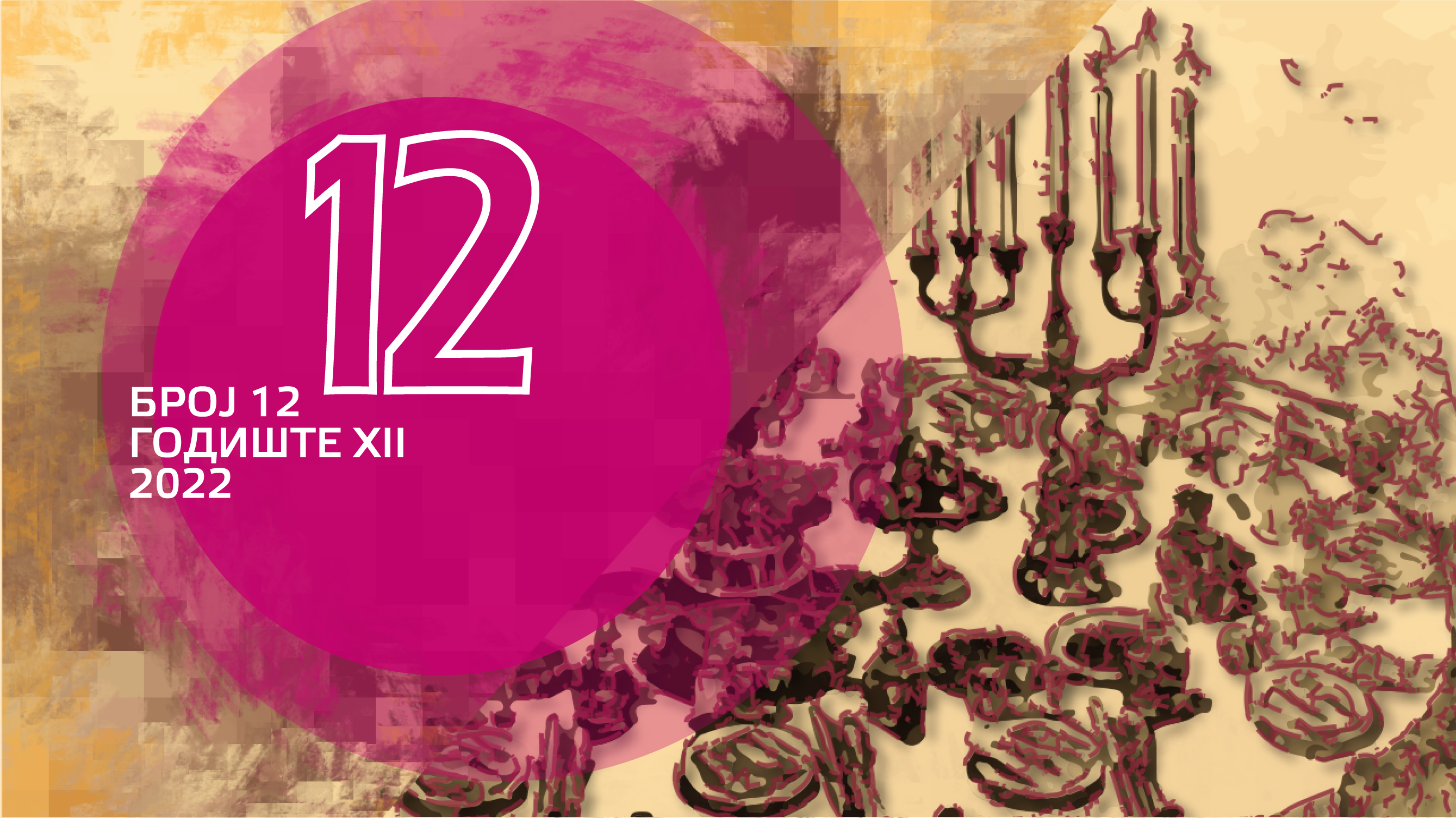Author(s): Ida Jović / Language(s): Serbian
Issue: 12/2022
Believing that the only task of literature is to break the boundaries of our world of knowledge, Elif Shafak, one of the most successful Turkish postmodernist women writers, critically observes and re-examines history, tradition and identity, as well as the society ruled by stereotypes about minority groups which are defined by the term “Other” in her novels. In her six novels (Pinhan, City Mirrors, The Gaze, Black Milk, Bastard of Istanbul and Forty Rules of Love), which are the topic of this work, the author touches on important topics, such as identity crisis, binary oppositions and social determinism that hinders the possibility of transformation, but also introduces and recognises love as a universal category and driving force leading to transformation, both personal and collective, as well as empathy and acceptance of all kind of “Otherness”. According to Shafak, today’s societies in Turkey, and throughout the world, strive to create cultural ghettos based on similarities, which leads to the development of stereotypes about members of other groups. Therefore, it is important to step outside the circle conditioned by birth and establish connections with other circles, because breaking such links represents danger to personal development and humanity. Comparing communication among members of the same circle to staring at your own image in the mirror, Elif Shafak wants to point to the danger of being solely in contact with similar people, without empathy for members of other groups, that is, “Others”. Following the work of Judith Butler, especially in the novel Pinhan, Shafak questions whether there is a “certain” gender that people have or if it is an essential attribute that a person should have; and if gender is a construction, whether this indicates a certain social determinism that prevents the possibility of transformation since, according to certain understandings, gender is defined in anatomical terms and becomes defined as biological destiny. While she speaks of characters whose lives are burdened with being members of a certain group, gender or nation in her novels, Shafak observes the world as a stage on which everything, in the spirit of the theoretical framework of Jacques Lacan and Laura Mulvey, is reduced to “gaze”, that is, to see (observe) and be seen (observed). What we observe influences our matrix of recognition, makes us understand and love, and thus conditions our transformation. To Shafak, today’s society shows collective narcissism and common illusion that we are the centre of the world and that there is a clear difference between “us” and “them”, which represents compensation for our personal frustration, flaws and failures. The only way to overcome that is to open ourselves up to multiple belongings and lose the fear of the complexity of identity, because positive emotions erase the fear of Otherness.
More...
